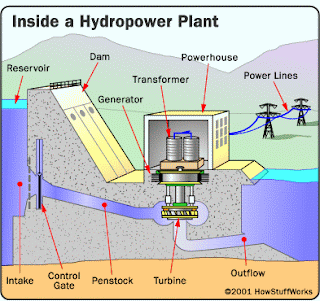-Avoid a broad spectrum of issues that arise when burning fossil fuels.
- As an alternative to fossil fuels like coal or oil, we would avoid the problem of so-called global warming, qual, is believed to have a more important influence on global climate change.
-would improve the quality of air we breathe with all this imply in the reduction of disease and quality of life.
DISADVANTAJES:
-Accidents waste.
- Reheating rivers
- Diseases caused by radioactivity
- Radioactive contamination of the environment
- Radioactive waste disposal
- Radioactive waste disposal







